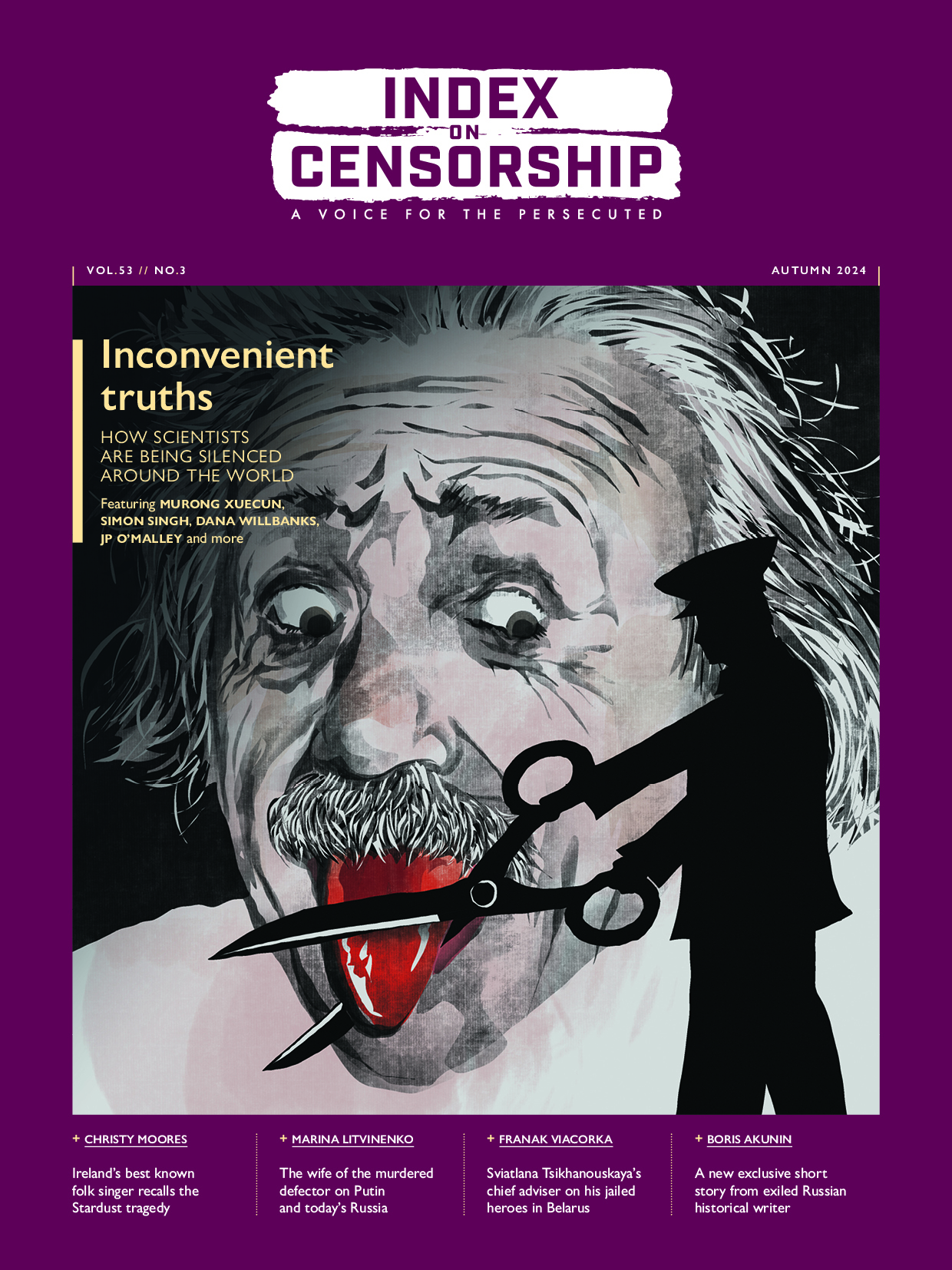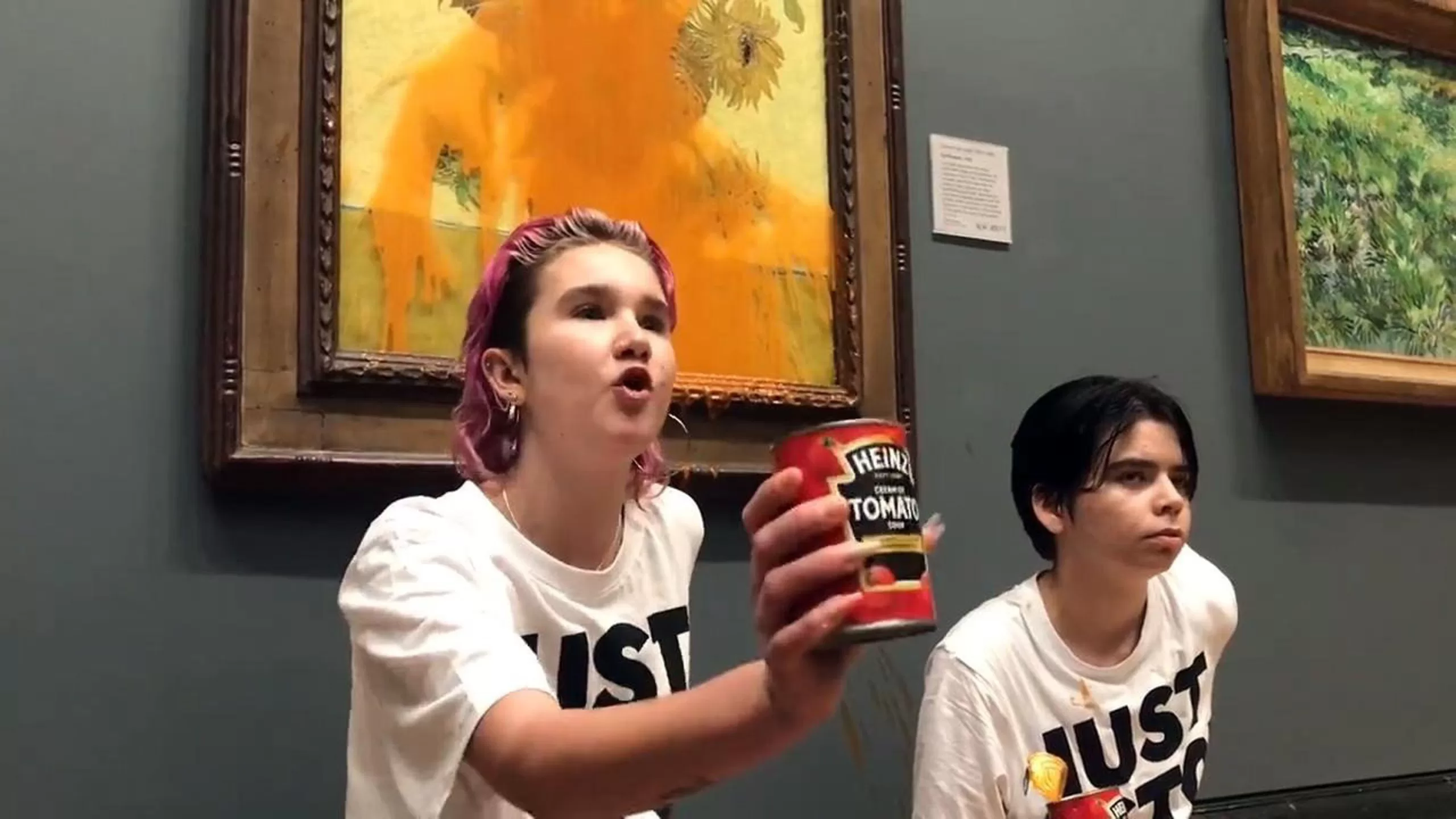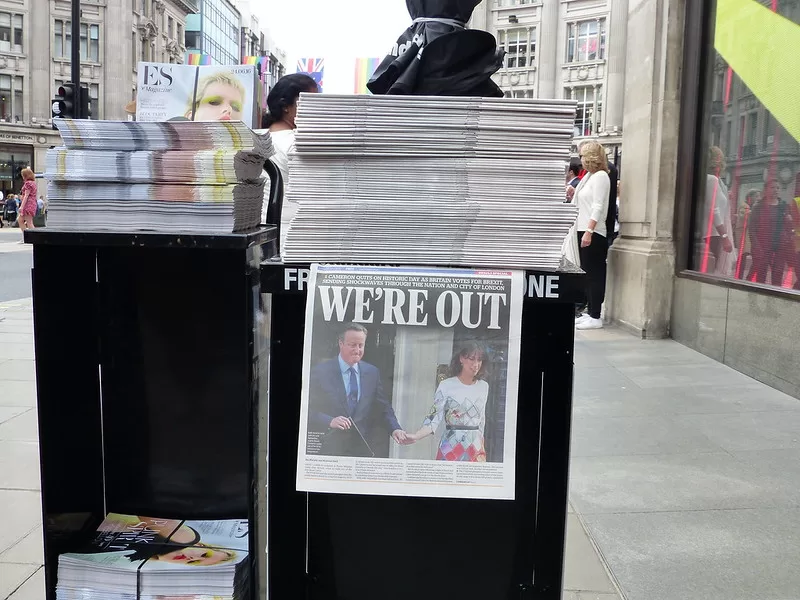[vc_row][vc_column][vc_single_image image=”116315″ img_size=”full” add_caption=”yes”][vc_column_text]Legal but harmful speech – what does it even mean and why is every government body so insistent that the best way to deal with hate is to legislate against it?
So, you may guess from my tone that I am getting a little irked. There seems to be a pattern emerging in the UK, that rather than genuinely tackling some of the thornier issues–we’re seeing calls for more laws and regulations as the quick fix. Seemingly so people can say they are doing something, anything, rather than tackle the root causes of the problems at hand.
This week was a case in point. Building on the Government’s plans to create a new designation of unacceptable language for our online conversations in the Online Safety Bill – legal but harmful – we saw yet more headlines outlining the latest initiative from a well-intentioned quasi-government body seeking legislation to regulate speech in order to protect us from extremists.
The Centre for Countering Extremism published a paper calling for a new legal framework to tackle extremism – or rather extremist language which is creating an environment conducive to building new extremist groups. In principle, this is something that is difficult to knock and I have huge admiration for many of the people involved, but this is a slippery slope.
Let me be clear. I am not suggesting (nor would I ever) that all is well in our online world. It isn’t – there are too many examples of toxic abuse. Political and ideological extremism seems to be on the march; bullying, trolling, hate speech and threats are becoming far too normalised online. I should know, after all I still seem to attract a little too much of it…
But the question is can you or even should you regulate speech. Would that even work? Is regulation going to make people be nicer to each other online – or is there something more sinister at play that we need to focus our efforts on. As Taylor Swift said “haters gonna hate”.
So surely the real challenge here is how we balance dealing with the minority who choose to incite hatred and create a toxic environment which is attacking our very value system without undermining one of our basic fundamental rights – free speech.
Reaching for the statute book as a legislator is the easy option – politicians can say they have done something – even if that something hasn’t fixed the problem. They can point at a law and say job done. But let’s be honest, you can’t legislate culture and you can’t regulate language and nor should we be trying to.
People aren’t stupid, extremists aren’t stupid, recruiters to terror groups aren’t stupid – they are abhorrent, evil and wrong – and while some may not be that bright, the most effective tend not to be stupid.
If you change the law to restrict what they can and can’t say – all they will do is moderate their language, introduce coded phrases and push extremism into spaces that can’t be monitored. Suppression of language simply will not defeat the dangerous ideology at play. But what you will have done is create an environment where certain communities feel that they can’t speak at all – a chilling effect which will both create martyrs and undermine community cohesion.
Moving the line of legality will simply result in extremists developing a new vocabulary to achieve the same outcomes as they did before. And then we enter a dangerous period of cat and mouse where restrictions become even tighter, ensnaring legitimate debate and discussion in order to catch those purveyors of hate.
Someone famous once said, “Tough on crime, tough on the causes of crime” and that mantra should be the starting point for any government on this issue. I have always said that speech should be free but not free of consequences.
The penalty for incitement should be severe – severe enough to be a deterrent but, and it’s a big but, the same level of resource, if not more, should be used to meet the continually emerging challenges of political extremism through education, engagement and community investment.
Empowering people to challenge hate speech and building a society where debate is celebrated but extremism is rightly ostracized. I know that for many that may be a naïve aspiration – but the alternative is a world where silence becomes the norm – because speech is too difficult.
Postscript. Just a note to thank Hannah who, in between doing her schoolwork yesterday, helped type my blog this week.
[/vc_column_text][/vc_column][/vc_row][vc_row][vc_column][three_column_post title=”You may also want to read” category_id=”41669″][/vc_column][/vc_row]






